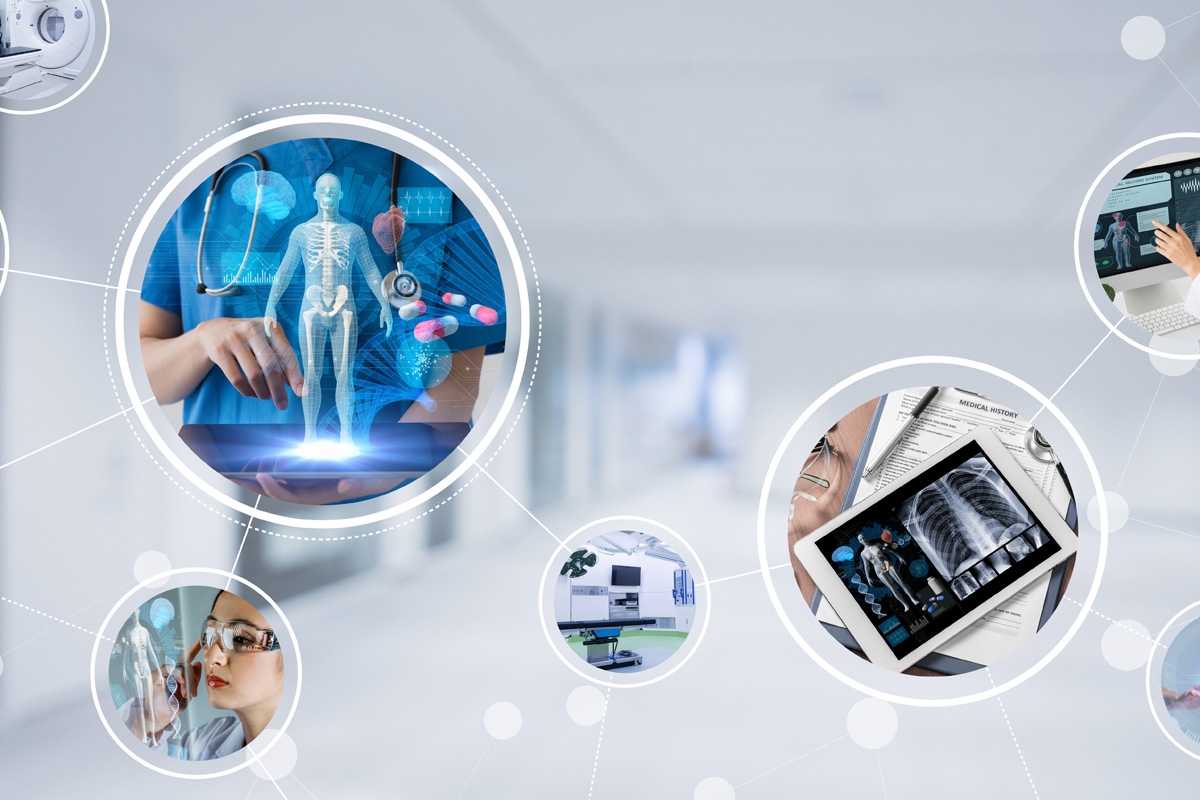For dental graduates, the world of clinical research beckons with a unique blend of intellectual challenge and impactful contribution. While the traditional path of private practice holds merit, diving into research opens doors to diverse roles, intellectual stimulation, and the chance to shape the future of oral healthcare. Let's explore the exciting possibilities that lie within five key areas: Clinical Research, Clinical Data Management, Regulatory Affairs, Pharmacovigilance, and Medical Coding, all accessible after your BDS degree.
1. Clinical Research: From Researcher to Investigator
Imagine contributing to the development of groundbreaking dental treatments, like gene therapies for gum disease or biomaterials for faster bone regeneration. Clinical research positions like Clinical Research Associate (CRA) or Clinical Research Physician (CRP) allow you to be part of this thrilling journey. You'll be responsible for patient recruitment, data collection, and ensuring adherence to ethical guidelines. Your dental expertise will be invaluable in understanding treatments and procedures, making you a key player in the research team.
2. Clinical Data Management: Precision in Every Byte
The backbone of any clinical trial is accurate and well-organized data. Clinical Data Managers (CDMs) become the data stewards, ensuring its quality and integrity. Your analytical skills and meticulous attention to detail will be crucial in cleaning, coding, and verifying data. This role offers a behind-the-scenes view of research, where every byte contributes to the bigger picture.
3. Regulatory Affairs: Navigating the Compliance Maze
Bringing a new dental product to market requires navigating a complex web of regulations. Regulatory Affairs Specialists act as navigators, ensuring compliance with international and national laws. Your knowledge of dental products and procedures, coupled with an understanding of regulatory frameworks, will be invaluable in securing approvals and ensuring patient safety.
4. Pharmacovigilance: Safeguarding Patients Every Step of the Way
Once a dental product is on the market, Pharmacovigilance Officers become the silent guardians, monitoring its safety and identifying potential adverse effects. Your keen eye for detail and strong analytical skills will be crucial in analyzing reports, assessing risks, and recommending corrective actions. This role plays a vital role in protecting patients and ensuring the continued trust in dental products.
5. Medical Coding: The Language of Healthcare
Accurate medical coding is the foundation of efficient healthcare reimbursement. Medical Coders translate diagnoses, procedures, and medications into standardized codes, ensuring accurate billing and claims processing. Your knowledge of dental terminology and procedures will be crucial in this role, contributing to the smooth flow of healthcare finances.
Beyond the Scope: Specialization and Growth
Each of these areas offers a strong foundation, but further specialization unlocks even greater possibilities. Master's degrees in Clinical Research, Public Health, or Pharmacovigilance can propel your career to new heights. Best Career Options After BDS.You could become a Principal Investigator, leading your own research projects, or venture into academia, shaping the future of oral healthcare education.
The Choice is Yours: A World of Opportunities Awaits
So, dear BDS graduate, don't limit yourself to the chairside. The world of clinical research awaits, filled with exciting challenges and the potential to make a real difference in oral healthcare. With your unique dental expertise and a thirst for knowledge, you can carve your own path and unlock a rewarding career beyond the drill.


